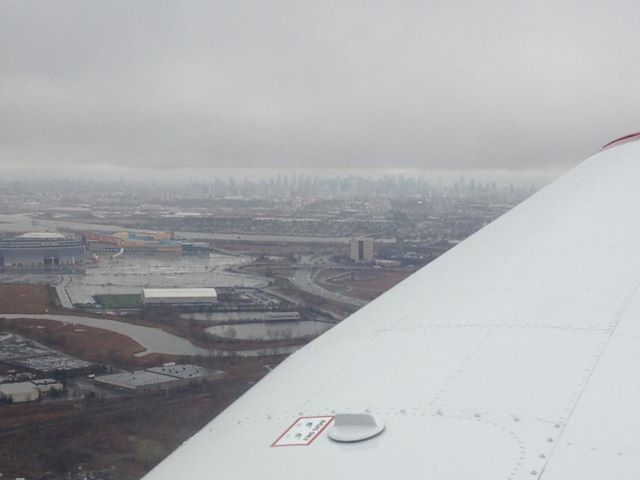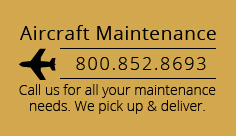Instrument Rating
Adding an Instrument Rating to your Pilot Certificate is one of the most rewarding accomplishments that aviation has to offer. Having the ability to fly in or above the clouds brings a new level of utility and satisfaction to your flying. Now you can go to all the great places you love to go without the limitations of needing to be in Visual Meteorological Conditions. You will also begin to feel your ability to fly your aircraft with a greater degree of precision soon after you start training to become and Instrument Pilot.

There are two sets of regulations under which you can train to be an Instrument Pilot. At Aero-Tech Services we are the only flight school in the region with the approval to offer flight training under Federal Aviation Regulations part 141. When you complete your training under an FAA approved training course you are eligible to apply for the rating with a much lower flight time requirement. For example, our Approved Instrument Rating Course requires only 35 hours of flight training, eliminating the need for the 40 hours of instrument time and the 50 hours of cross country time required under Federal Aviation Regulations part 61.
FAR Part 141 training is often most advantageous for pilots who are moving right from their Private Pilot training into the Instrument Training Course. If you have a considerable number of hours already accumulated and want to add an Instrument Rating to your already substantial experience it may be beneficial to train under FAR Part 61.
Either way, we can help! Please contact our staff to schedule a free consultation to determine which path to instrument flying is best for you.
Privileges and Limitations
- Add an Instrument Rating to your existing Pilot Certificate to fly in Instrument Meteorological Conditions in any aircraft for which you are appropriately qualified.
Requirements
- Hold either a Private Pilot or Commercial Pilot Certificate
- Complete the Cessna Online Training Course (or equivalent ground training) and pass a written test on aeronautical knowledge, with a score of 70% or better.
- Complete an FAA Approved Instrument Training Course OR meet the requirements of FAR 61.65.
- Pass an FAA Flight Check for the Instrument Rating.
